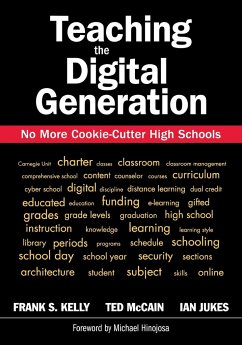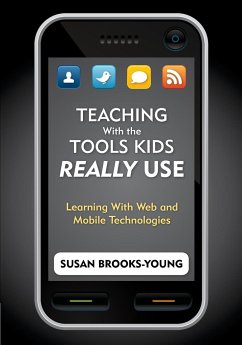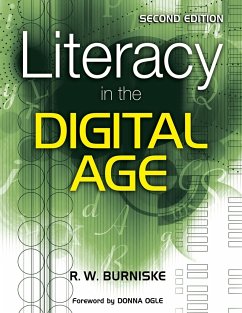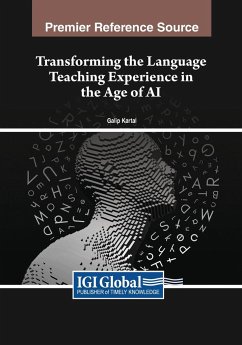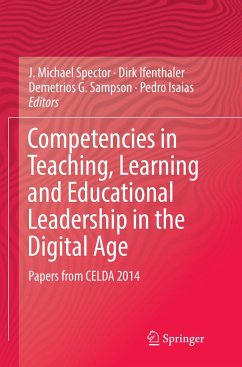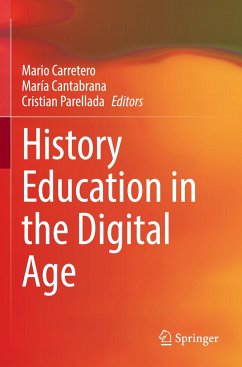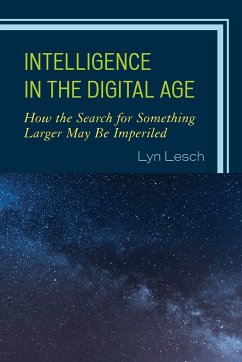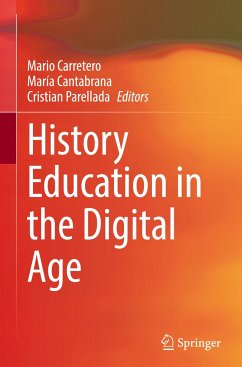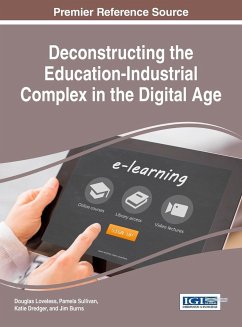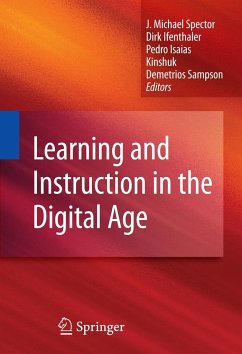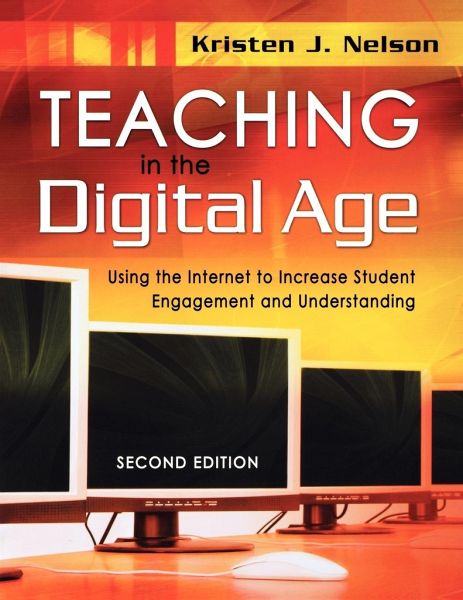
Teaching in the Digital Age
Using the Internet to Increase Student Engagement and Understanding
Versandkostenfrei!
Versandfertig in 1-2 Wochen
35,99 €
inkl. MwSt.

PAYBACK Punkte
18 °P sammeln!
Teaching in the Digital Age, Second Edition provides a framework to help teachers connect brain-compatible learning, multiple intelligences, and the Internet to help students learn and understand critical concepts and skills. Educators will find internet-based activities that feature interpersonal exchange, problem-solving, and information gathering and analysis, plus standards-based lesson plans built around Howard Gardner's theory of multiple intelligences. The author also demonstrates how teachers can adapt activities to meet students' unique learning needs and provides rubrics for assessin...
Teaching in the Digital Age, Second Edition provides a framework to help teachers connect brain-compatible learning, multiple intelligences, and the Internet to help students learn and understand critical concepts and skills. Educators will find internet-based activities that feature interpersonal exchange, problem-solving, and information gathering and analysis, plus standards-based lesson plans built around Howard Gardner's theory of multiple intelligences. The author also demonstrates how teachers can adapt activities to meet students' unique learning needs and provides rubrics for assessing information literacy and multiple intelligence skills. The book features classroom tips throughout, with appendices that include a list of updated Web sites and blank assessment rubrics.





